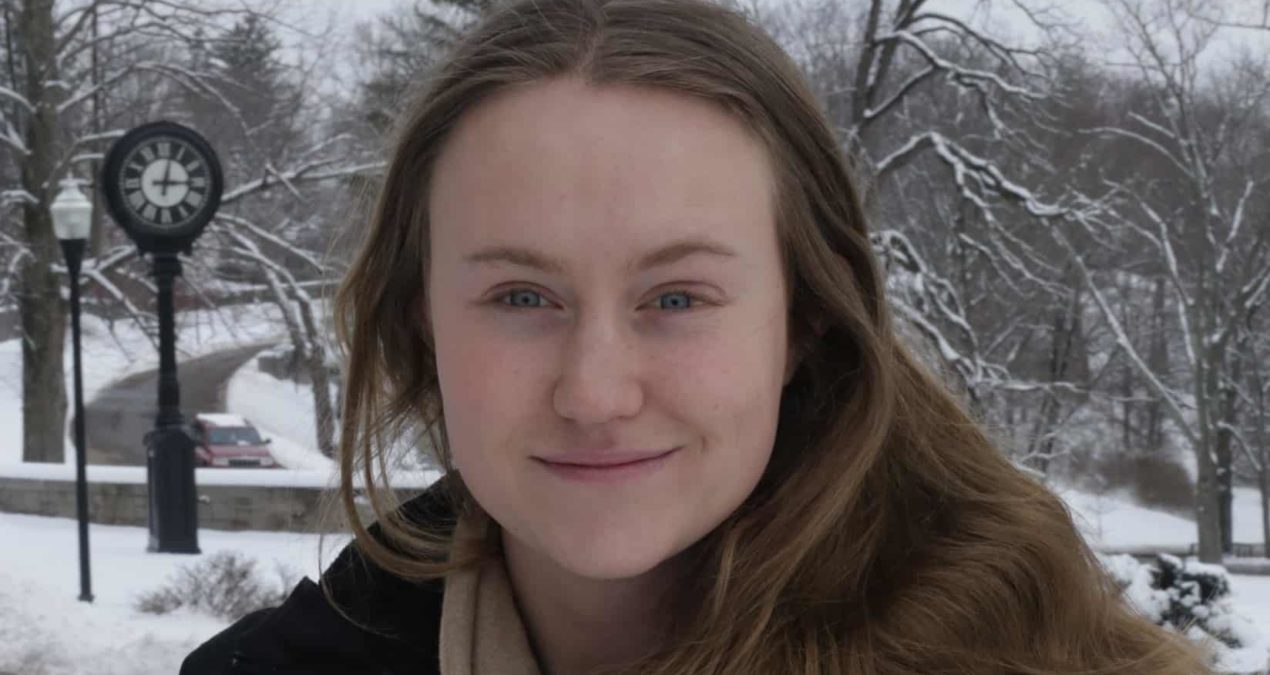By Laura Carr ’17
Editor-in-Chief
I jog on the blacktop with my track and field teammates, wincing as a ray of blinding light hits my eyes. “Knee raises!” Coach Jones shouts. I reach for my knee and suddenly, I lose consciousness.
Two minutes later, I find myself lying on my back with the black concrete beneath me. Five adults stare at me, and I hear a garbled noise escape from a paramedic’s walkie-talkie. A school administrator asks my name.
“Why? Am I in trouble?” I sputter. She shakes her head. “Laura Bardon Carr,” I say carefully.
“Laura, you just had a seizure,” a paramedic says.
I’m no expert on what causes seizures, and, as far as I know, this scenario is unique to me. I’ve seen other people have seizures before–they have been conscious throughout, and have even known to reach for their meds in the middle of a harsh convulsion.
According to the Epilepsy Foundation’s website, there are 21 different types of epilepsy syndromes, and at least 14 different kinds of seizures. Since being diagnosed with epilepsy in 2001, I have had two kinds of seizures: absence seizures, which are basically seizures where you zone out for an extended period of time, and grand mal seizures, which are the kinds of seizures most well-known in popular culture. I haven’t had an absence seizure since I was six years old, but the last grand mal episode I had was on Sept. 4, 2014.
If I were to claim “expert opinion” on anything, it would be that I know exactly what it is like to be treated differently because of my medical condition. Word quickly spread that I had seizures after my entire high school track team witnessed me have an episode during my sophomore year. Suddenly, people were making fun of me for being “that girl who has seizures.” High schoolers can be cruel.
When I came to Denison, I faced the frightening reality of having to tell a roommate that I have epilepsy. However, I was pleasantly surprised to learn that college students are far more accepting.
November is National Epilepsy Awareness Month, and the Epilepsy Foundation is running a social media campaign that asks individuals to #DareTo be seizure smart. Essentially, the Foundation is trying to raise awareness of epilepsy by educating the greater population about epilepsy, its causes and effects. According to the Foundation, 65 million people around the world have epilepsy, and over 2 million of those individuals are in the United States. One in 26 people in the U.S. will develop epilepsy in their lifetime. Chances are, you might have a classmate or two with epilepsy.
Do not treat your classmates as if they have a deadly, uncontrollable disease. Speaking from experience, being singled out is not fun. It’s nicer to feel accepted and normal. There are a lot of medications out there that control or stop seizures, and many epileptics work closely with a neurologist to develop a plan to control their seizures. The Epilepsy Foundation provides help for those who cannot afford treatment. At Denison, Whisler Counseling Services is also helpful if you need to speak to a confidential source.
If someone decides to open up to you about their battle with epilepsy during this month, or anytime, be supportive but do not act overly concerned so as to make them feel uncomfortable. Kindness and understanding are two things that people with epilepsy appreciate the most from their peers.

